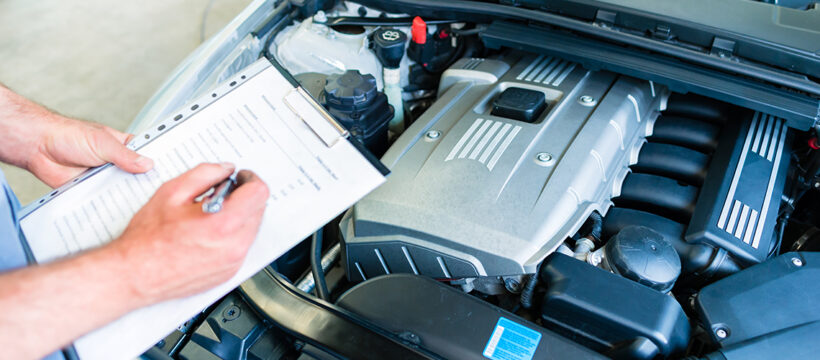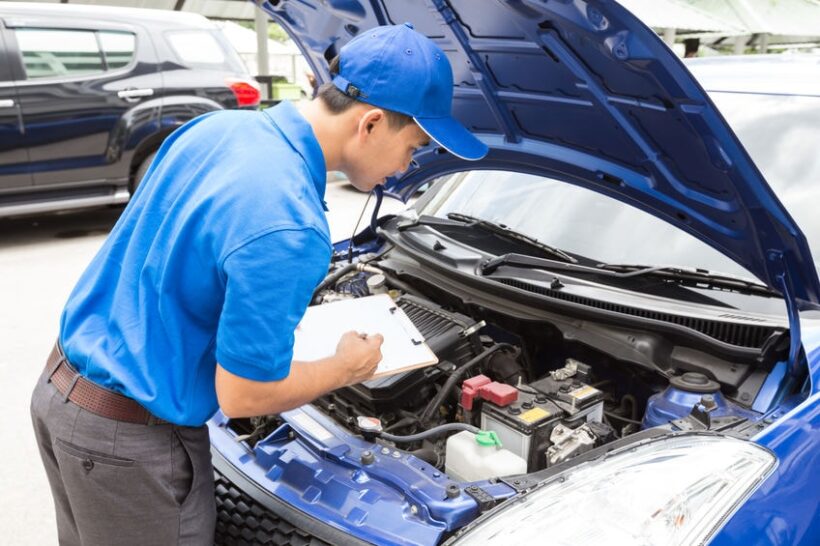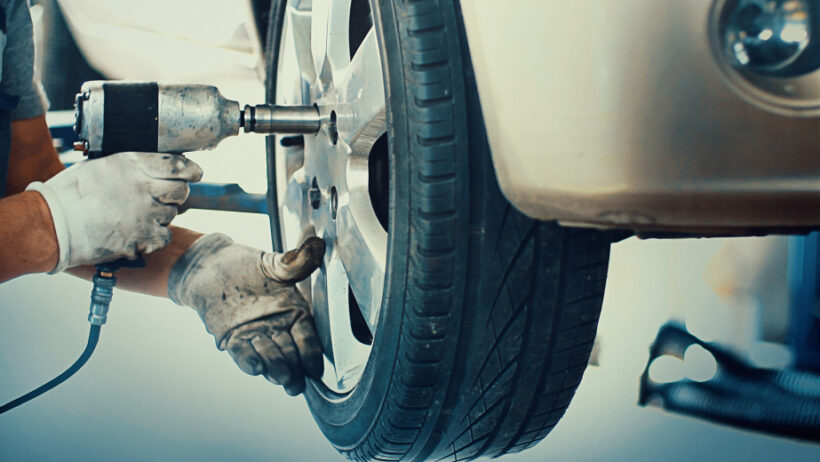It can be incredibly frustrating to find yourself having to deal with repairs for your car. When your car is broken, it can bring your entire schedule to a halt. You might not be able to get to work without inconveniencing someone by asking for a ride or relying on public transportation. This isn’t to mention how you will be unable to run essential errands and the like until your car is fixed.
To add insult to injury, auto repairs can be incredibly costly. Unless you have the upfront cash ready to fund your repairs, you might be waiting around for a while before your car can be fixed by a professional mechanic.
The good news is that there are a few options available to you when you are hoping to keep the cost of car repairs low. With the right approach, you can save yourself a great deal in the long run and enjoy having your car back in working order. This means that you can get back to your regular schedule without completely breaking the bank.
If you are currently looking for ways to manage the cost of car repairs, here are a few things to consider.
Take Out a Personal Loan

For starters, there is no getting around the fact that some car repairs are simply going to cost a lot. Depending on the state of your car, paying for pricey repairs might be your only option. However, if you don’t have the money available that it will take to get your car back into working order again, it can be tough to know where to turn.
This is where the concept of the personal loan for auto repair comes into play. Visit OneMain Financial and find more information about that.
Instead of relying on credit cards that tend to have less than desirable interest rates and fees attached, you can take out a personal loan only for the amount that it will take to get your car up and running again. You can then pay for the repairs and then pay off your loan over the course of several months or years.
Applying for a personal loan could provide you with the money you need right now and alleviate the stress of a large auto repair bill, instead breaking down the repair bill into several smaller, more manageable payments.
Look After Your Car

In many cases, the best approach to keeping the cost of auto repairs low is a proactive one. By looking after your car and taking better care of it overall, you can make it less likely that costly repairs will be necessary at all.
For example, there is a list of routine car maintenance items that you should see every so often. These include things like checking tire pressure and changing the oil as and when it is necessary to do so. Failure to take care of these things can result in the need for expensive repairs down the line.
Over time, looking after your car in this way will not only help you to keep the cost of necessary repairs low, but it can also help to extend the life of your car in general. This means that you won’t have to invest in a new car before you are financially ready and able to do so.
Have Your Car Serviced

In addition to the routine maintenance that you can and should be performing on your car, there are also going to be times when it will be necessary for you to take your car in for servicing. This is where a trained and qualified mechanic evaluates your car to address any expected wear and tear issues.
In addition to keeping the cost of major repairs down the line low, having your car serviced on a regular basis can help to protect your warranty. There are some aspects of your car warranty that are contingent on your having it serviced by a qualified professional.
Moreover, by having your car serviced, you can protect yourself as a driver as well as any passengers that you might have riding along. When a car is serviced, the mechanic will perform an overall health evaluation on your engine and on other aspects of your vehicle. They will be able to catch things that you might not be able to on your own, which could mean the difference between proper functionality and the failure of certain essential elements of your car.
Stay Informed

Depending on what make and model of car you own, there might be some specific aspects of maintaining it that you need to be aware of. It isn’t a good idea to ignore such things. Rather, you should educate yourself as much as possible about what it is going to take to keep your car running smoothly for the long run.
Furthermore, it is wise to have a look at your car’s manual so that you can familiarize yourself with the warning lights that can appear on the dashboard. Sometimes, a warning light might simply be telling you that it is time for an oil change. Other times, however, there might be something seriously wrong with your engine.
You should know which lights mean that you have a bit of time before you need to have issues addressed and which ones are telling you that you shouldn’t wait another day before bringing your car in for a look. Putting off such repairs will only serve to create a dangerous and costly situation for your car when all is said and done.
For example, when your check engine light comes on, you might assume that you have a bit of time before you need to make an appointment with your mechanic. However, that light can mean anything from a malfunctioning thermostat to serious issues with your transmission. While the former might only cost around $250 to repair, problems with the transmission can mean over $5,000 in repairs. That cost can get even more out of hand if you wait too long to have things checked out.

